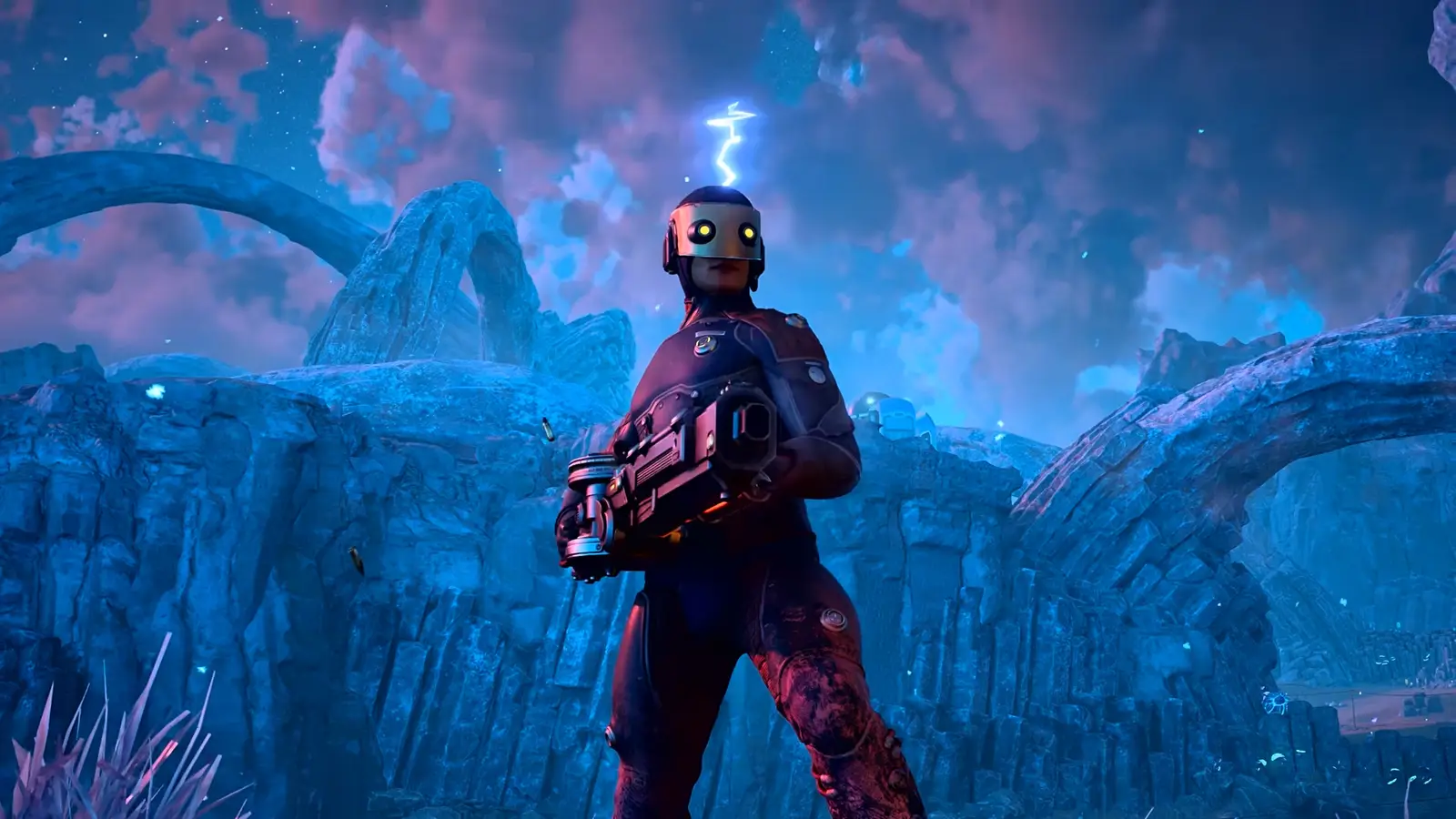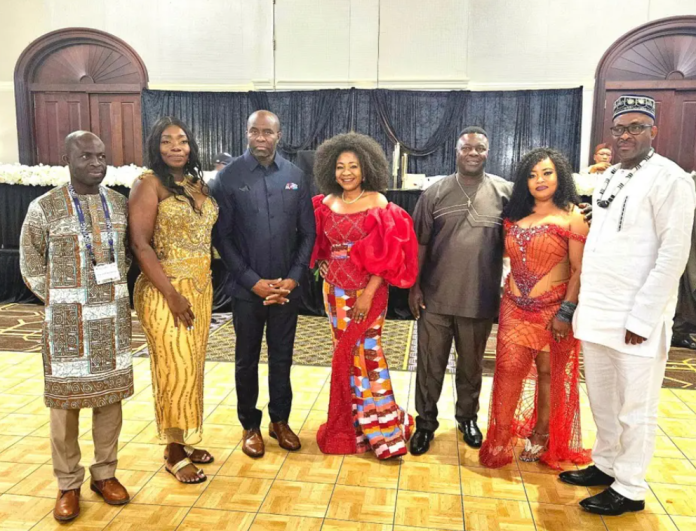Copyright Polygon

The Outer Worlds 2 is a big game with a vast, interconnected network of branching choices. It was almost a lot bigger, though — so big that it would've taken developer Obsidian Entertainment years longer to finish it, had it included one particular feature. The studio ended up cutting that feature, which is hardly an unusual occurrence in game development. Ideas pop up and get thrown out all the time. What's noteworthy about this one is that it helped Obsidian start to solve one of its longest-running problems. "Leonard [Boyarsky], me, and Brian Hines, who was the content director at the time, were all talking about how reactive we wanted the game to feel, but also how we wanted the player to be encouraged to really explore the world around them," Outer Worlds 2 director Brandon Adler tells Polygon in a video call. "In all, or many, of the game's major encounters, you were gonna have to explore the world and find information, and then you'd be able to use that inside of conversations." The idea was that players would compile a dossier of intel on key characters, discovering new ways to interact and unorthodox solutions to puzzles as they came across the right information. Tracking that intel down would push them off the main scenario path and, ideally, make finding points of interest on the map and new characters a more rewarding part of the adventure. One example Adler gives is a scenario where the player would have had to find a way past a guard. Through speaking with other people and digging up information about him elsewhere, they'd learn that this particularly stalwart guard was impossible to intimidate, but could be duped with a bluff, which would require knowing the right intel to fool him with or the right person for the job. "And I'll tell you, it felt amazing," Adler says of the final version. There was just one problem: It took roughly six months to fully write just one of these conversations and its outcomes. That, of course, was not something Obsidian could feasibly manage for the span of the project while still maintaining a reasonable production timeline. But there was another issue: The system worked a bit too well. Boyarsky says early playtesters were so keen on finding every possible piece of information and figuring out how it worked that that became the game. They stopped caring about the story — not the ideal outcome for a narrative-driven RPG. Adler says they spent some time figuring out how to salvage all the effort put into the dossier system and ended up devising a way to evolve the concept of skill checks further. In similar RPGs, including the first Outer Worlds, you can usually perform an action or choose a specific dialogue option if you invested a certain number of points in a relevant skill. That's still true for a lot of situations in Outer Worlds 2. But Obsidian added several important scenarios in the main story and companion quests where you can only pick certain influential choices if you have the right skill level and did some sleuthing. In one early example, the only way to talk down a high-ranking military official instead of killing him is if you know he's being manipulated by someone else and have a high enough speech level. Obsidian added little pop-up text boxes for these options to show players when they were missing a piece of intel, without saying what it was, so they'd know to check out someplace they might have skipped before or try an option they wouldn't otherwise know existed. The latter is a common issue Obsidian encountered with its previous games. Players just didn't know they had other options and never realized what influence their choices made until long after the fact. The scrapped dossier feature morphed into an effort to address that problem, along with other tweaks to Obsidian's RPG formula, like the "this will be remembered" message that appears in conversations when you make an important choice. Adler says they "stole" the Telltale staple for Pentiment, and it went over so well with players that they figured it would make a strong fit for Outer Worlds 2. Boyarsky calls all this a compromise between showing players all the branching points in conversations, an option he says Obsidian considered implementing early in development, and hoping they figure them out independently. Compromise is the operative word here, though. Adler and Boyarsky want to do something better next time. "With the amount of content and the size of our game, there's places where, if we had implemented [some of these features] sooner, we could have really pushed the reactivity," Boyarsky says. "We did a really good job, but it could go even further."



